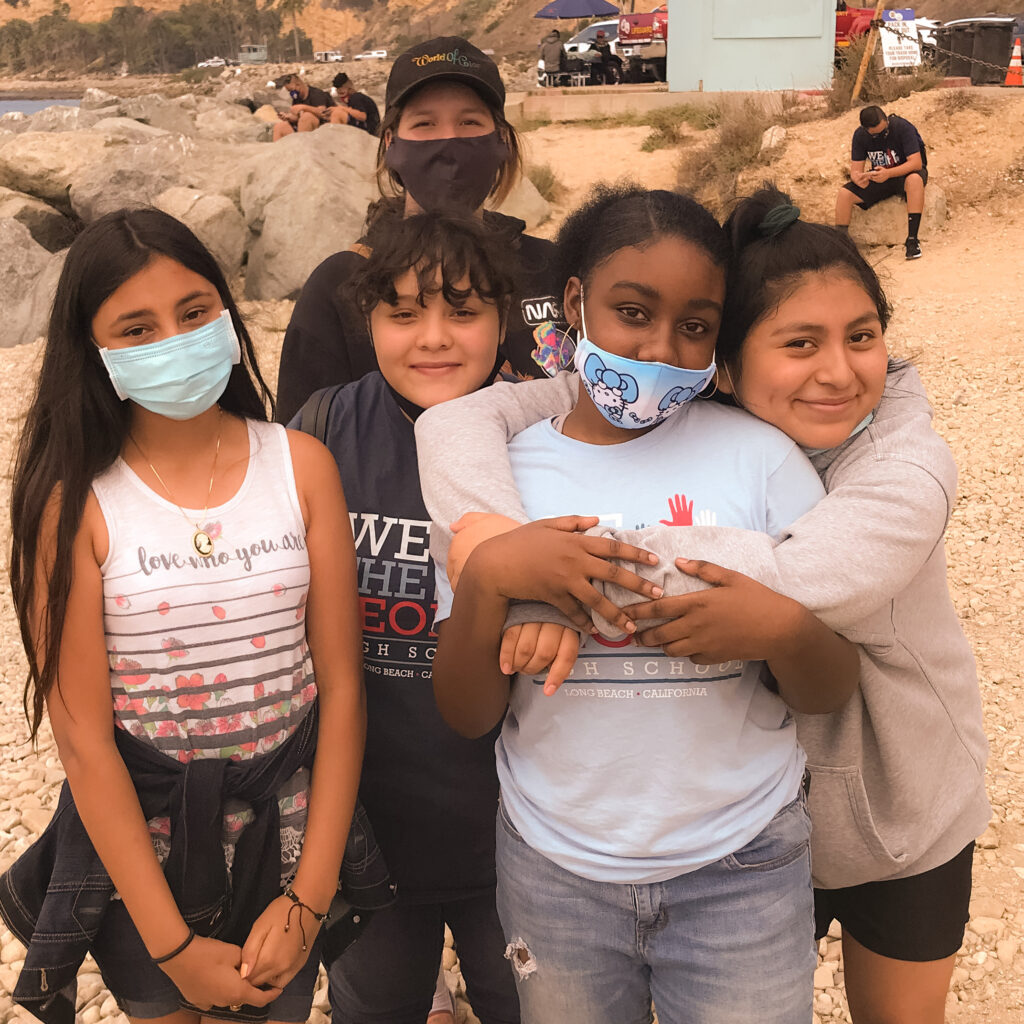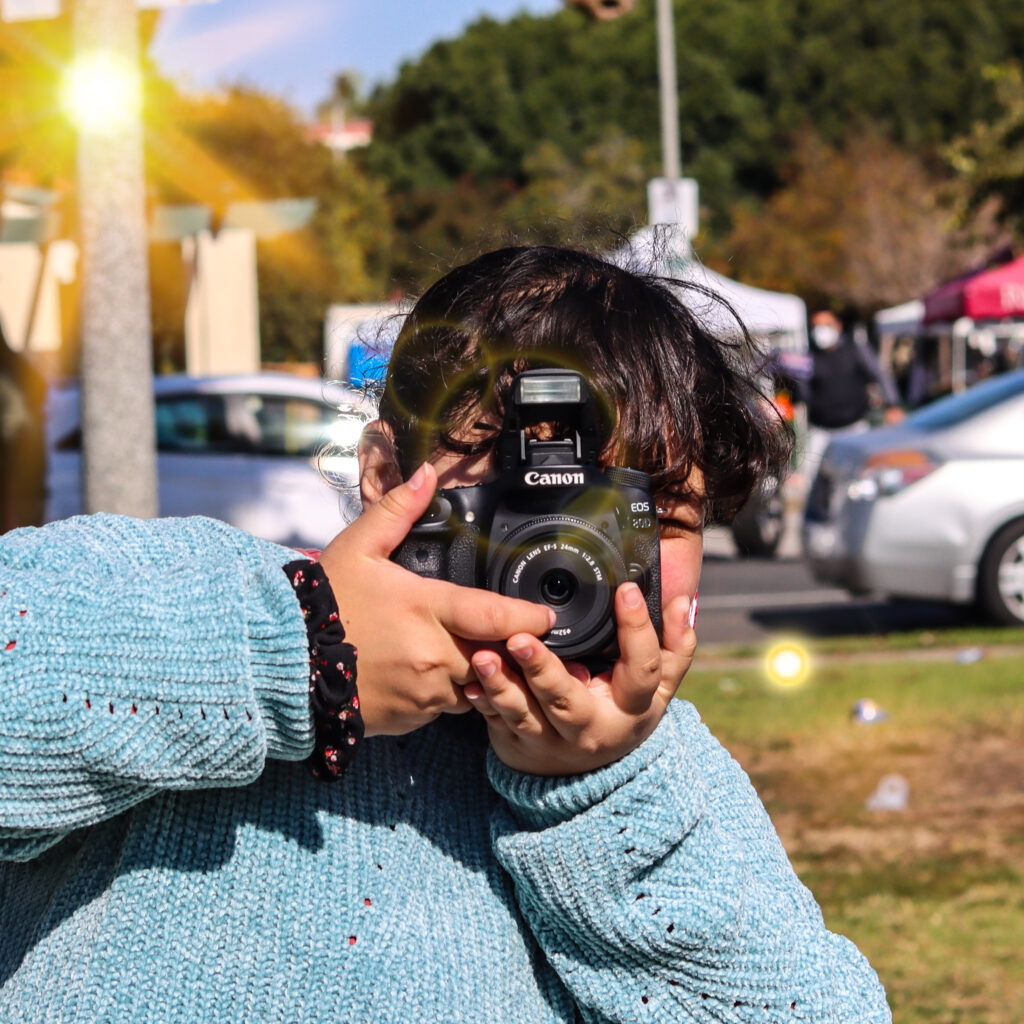
What we need today is leaders. You need people to implement, but you need people to inspire, to push people to move, and to trigger big changes in the way we work, decide, consume, and solve.
-President Emmanuel Macron of France
Active Citizenship
Advisory
Throughout their four years, students will participate in advisory once per week. Advisory is a place for students to develop meaningful relationships with each other and with a caring adult, providing a safe space for the development of empathy, understanding, and emotional maturity. In grades 9 and 10, the focus of Advisory is on academic success, health and wellbeing. In grades 11 and 12, students focus on college: getting prepared, choosing the best options, and applying.
Democracy in Action
Coursework and projects across the curriculum support students to develop the skills and strategies to take action on issues that matter to them. At least twice per year, students present, debate, and inform their peers and their community about local, national or global issues. We the People High School partners with local and national businesses, government, and non-profits to provide students with real world experience.
Exhibitions of Learning
Twice a year at the end of each semester, We the People High School invites parents and the community to learn from students about their work, their projects, and the work of active citizenship. Exhibitions of learning enable students to tie together all that they’ve learned. Teachers and partner organizations work with students to curate this culmination of learning. Exhibitions happen outside of regular school hours so that families and community members can attend.

Global Citizenship
At We the People High School, these four Global Citizenship standards are part of every course and every project:
- Investigate the world beyond their immediate environment, framing significant problems and conducting well-crafted and age-appropriate research.
- Recognize perspectives, others’ and their own, articulating and explaining such perspectives thoughtfully and respectfully.
- Communicate ideas effectively with diverse audiences, bridging geographic, linguistic, ideological, and cultural barriers.
- Take action to improve conditions, viewing themselves as players in the world and participating reflectively.
Have Any Questions?
We’d love to hear from you! Send us a message or give us a call. We are passionate about our students’ success and we welcome your support.
